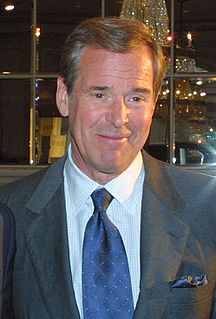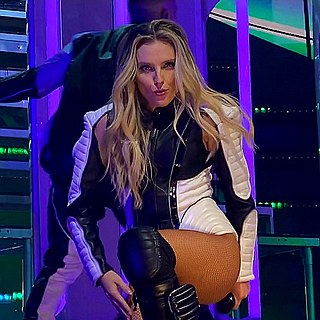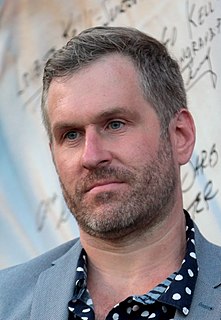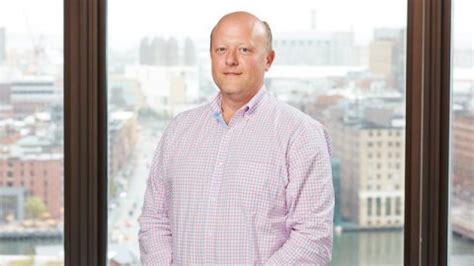A Quote by Dr. Disrespect
Mainstream media can be controlled, right. Because messaging from mainstream comes from that particular news outlet or whatever. Then you have the top people driving that messaging, and then that's what it is, right? Social media can really stir up a higher level of panic. If you think about it, it's not controlled.
Related Quotes
I was on television a couple of years ago and the reporter asked me, "How does it feel being on mainstream media? It's not often poets get on mainstream media." I said, "Well I think you're the dominant media, the dominant culture, but you're not the mainstream media. The mainstream media is still the high culture of intellectuals: writers, readers, editors, librarians, professors, artists, art critics, poets, novelists, and people who think. They are the mainstream culture, even though you may be the dominant culture."
I think there is a mainstream media. CNN is mainstream media, and the main, ABC, CBS, NBC are mainstream media. And I think it's just essentially to make the point that we are largely in the center without particular axes to grind, without ideologies which are represented in our daily coverage, at least certainly not on purpose.
I don't think I'm an angry person. I think I'm a person who's angry. I'm angry at the Bush administration; I'm angry at the right wing media. And by that I don't mean the media is right wing. I mean, there is a part of the media that's not the mainstream media. That's Fox, that is 'The Wall Street Journal' editorial page.
I think the beauty of the Internet is that it's giving a lot of people the opportunity to reach people around the world that they never would have been able to, and for people to tell their own stories where they don't see themselves reflected in mainstream media, or the media is misrepresenting the truth, right.
All the things I used to count on to get my music out there - record companies, they're all gone. And radio stations, they're gone - they're completely controlled by the government. If they're not controlled by the government, they're controlled by a programmer who's controlled by the government. Mainstream radio is suspect. You can't trust it.
As a member of the mainstream media for many years, I've learned just one thing: never to trust anything I read in the mainstream media - not because of any agenda or deliberate dissimulation, but simply because it's filtered and comes very often from someone whose judgment I might not trust in other circumstances.
I mean, when we did 'Families At War,' on Saturday night prime time, people said we were mainstream then. But it wasn't in the least mainstream. The fact that we got that on BBC1 at that time with those ridiculous things, that's as mainstream as we get. We do what we do and people can think that it's mainstream or avant-garde.
Independent documentary isn't beholden to some of the interests that the mainstream media are influenced by. It's a pathway to renegade, independent reporting in an in-depth, investigative fashion, and it can do so with a compassionate lens; it allows people to speak in a way that is more human than the mainstream media approach.



































